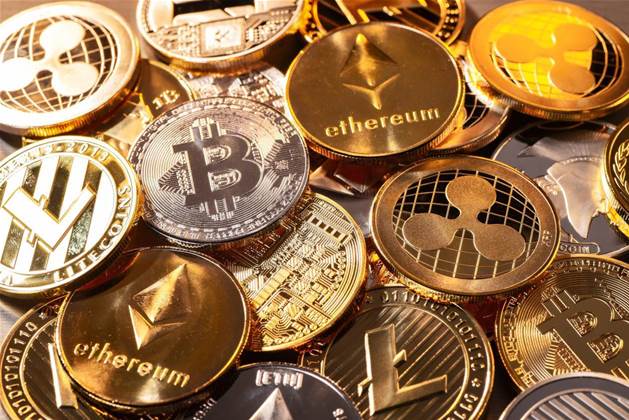A week ago it would have been hard to imagine any story knocking Elon Musk off the front pages of the business press. But then FTX, the world's third-largest crypto exchange imploded.

The story is insane, featuring everything from drugs to secret software backdoors, a suspicious drowning in Puerto Rico, and stolen millions and probably billions.
There was even a mad dash to Argentina in a private jet, tracked in real-time on flight tracker apps with updates shared over social media. Except that turned out to be completely wrong.
FTX founder, Sam Bankman-Fried whose name is a top-shelf hat-tip to nominative determinism, was actually holed up in the Bahamas playing League of Legends for four hours a day (He really was. The Financial Times analysed his gameplay and rated it mediocre, ouch).
But there is something much more dangerous at the root of this story for the sector than theft, malfeasance, or just rank incompetence.
The real issue is contagion.
There are already suggestions that exchanges have been playing fast and loose with transparency around liquidity.
There are murmurings, as yet unproven, about transactions that look an awful lot like the exchanges sharing funds amongst themselves for the sole purpose of covering proof of reserve. Venture capitalist Adam Cochran flagged what he considered to be two suspicious transactions and asked, "Are exchanges passing around ETH loans to pass audits?!"
Here's the thing: it doesn't have to be true, the community just needs to believe it might be for trust to fracture.
If those doubts take hold at a systemic level, the reversals of the last year will look like a cakewalk.
Crypto is on the verge of its very own GFC moment.



_(23).jpg&h=140&w=231&c=1&s=0)

.png&h=140&w=231&c=1&s=0)




_(26).jpg&w=100&c=1&s=0)
 iTnews Executive Retreat - Security Leaders Edition
iTnews Executive Retreat - Security Leaders Edition












_(1).jpg&h=140&w=231&c=1&s=0)



